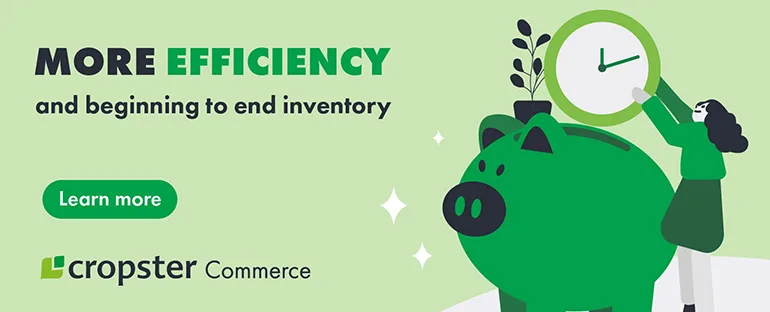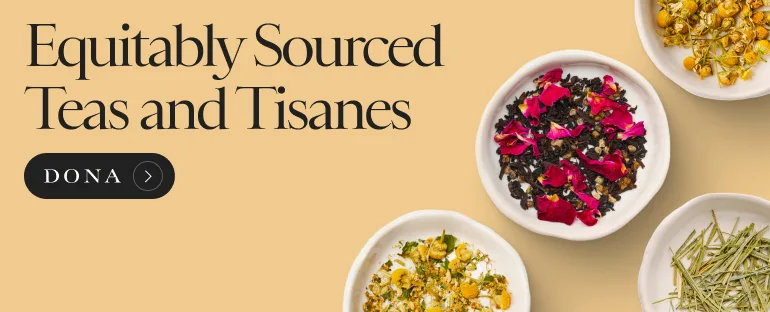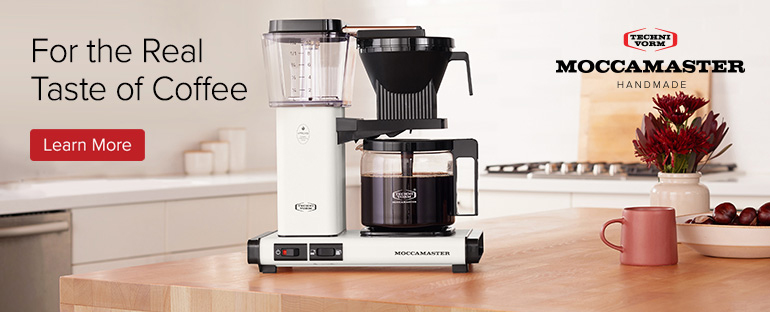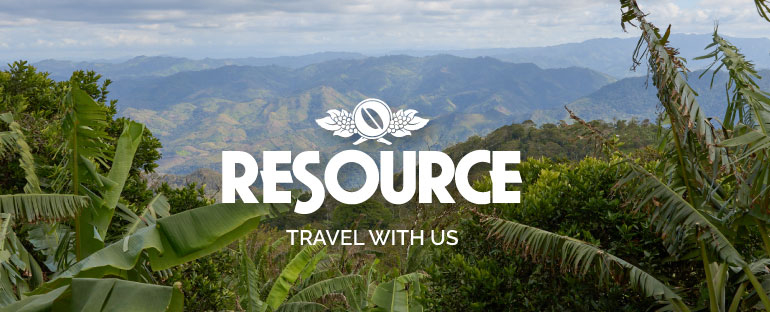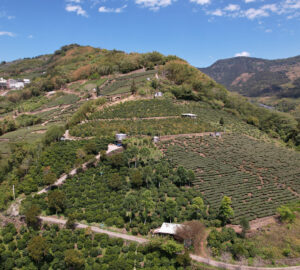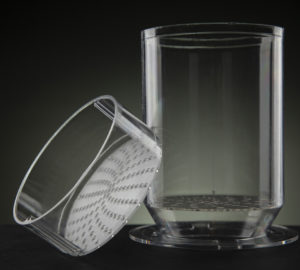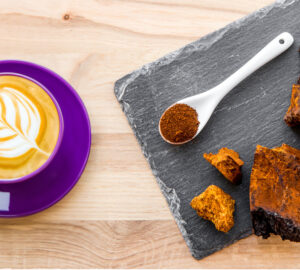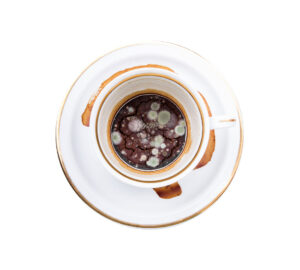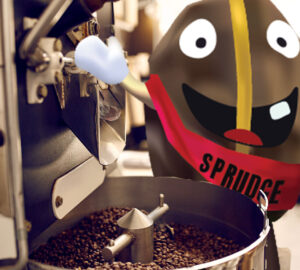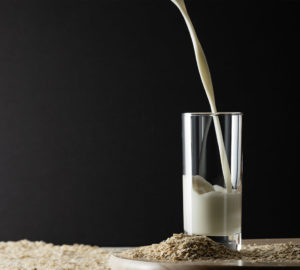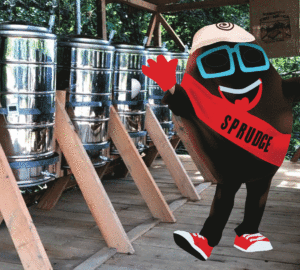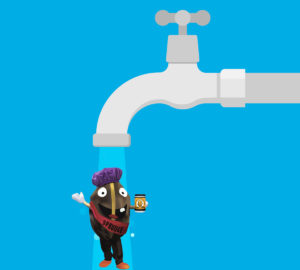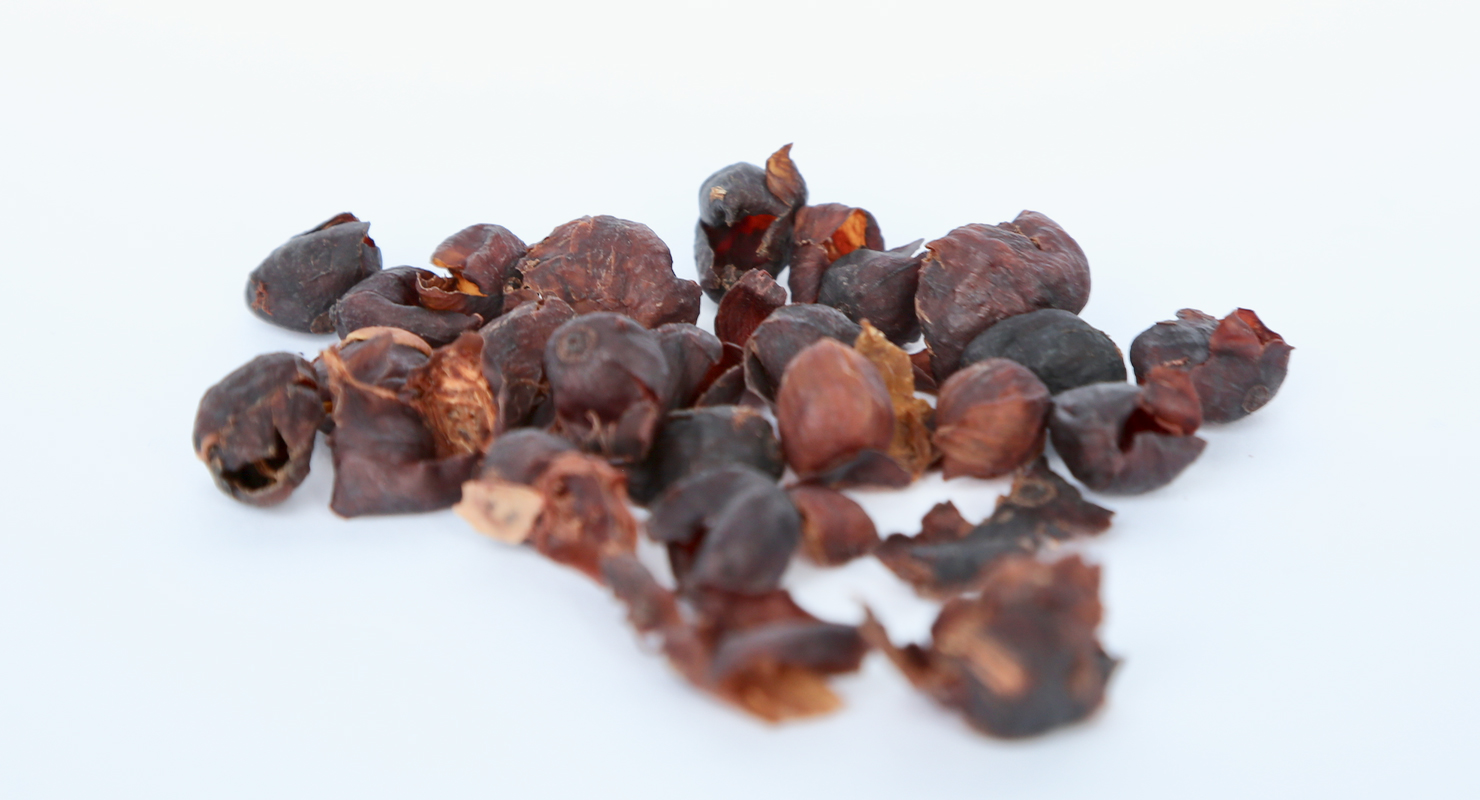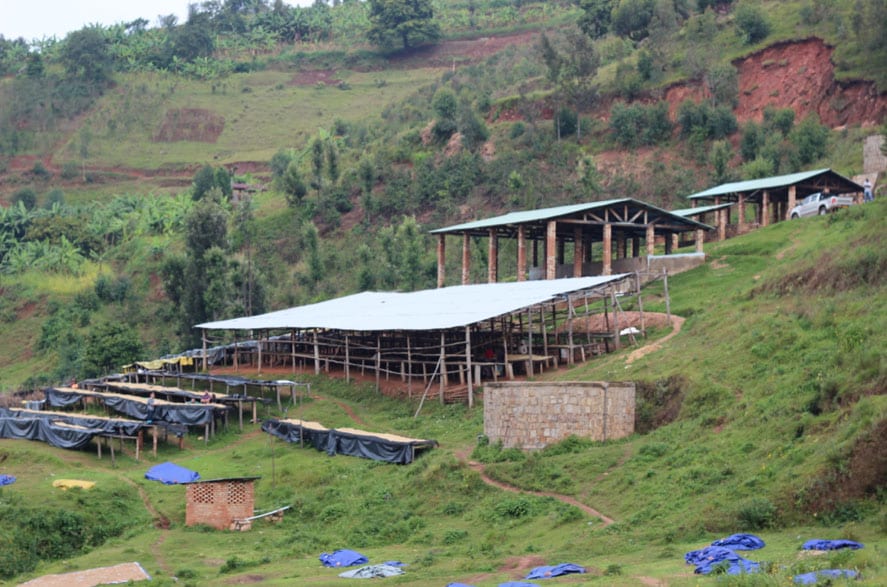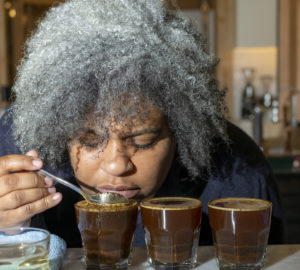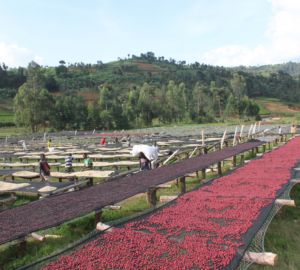What is a Q grader?
A Q Grader (or Quality Grader) is a professional certification within the coffee industry. It is conferred by the Coffee Quality Institute (CQI), a nonprofit entity working to provide education and improve equity through the coffee supply chain. The certification is a way of ensuring people throughout the coffee industry globally are aligned to the same standards of tasting, evaluating, and numerically scoring the quality of coffee.
How do you become a Q grader?
To become a certified Q grader, one must complete a six-day course series that involves subjects like: evaluating a coffee’s roasted appearance, flavor, and aroma; differentiating taste through cupping exercises; and training on proper use of the standardized Specialty Coffee Association (SCA) cupping form. A key aspect of Q certification is ensuring students are calibrated to international standards of identifying flavor aspects, acidity, and other characteristics of coffee—as well as calibrated amongst their classmates.
The coffee standards around which the Q is built are based on current SCA protocols and benchmarks, including the roast level for sample roasting coffees, the SCA cupping form itself (which is itself being “evolved” for 2023), and so on. SCA creates the standards, explains Emma Sage, Director of Education Resources at CQI, “And we teach upon those things.”
To take the Q courses and exam, which are most commonly taught as a package, one must register for a course series taught by an officially credentialed Q instructor—there are a few dozen of these folks around the world who offer courses at different times of the year and at varying rates. Some people who already work in the coffee industry receive support from employers for the time and expense required to take the Q, such as time off and reimbursement for course fees and travel costs. Due to the geographically dispersed nature of instructors and course venues, most people need to travel to take the Q. There are also separate courses and certifications for Arabica coffee versus Robusta coffee, as the different species require slightly different standards for evaluation and scoring.
What is the benefit of being a Q grader?
Achieving and maintaining Q grader status is not just of personal or career benefit, but is of benefit to the coffee supply chain worldwide, explains Sage.
“Having the Q means that you can be relied upon to speak a global language of quality,” Sage tells Sprudge.
“It is to be able to recognize quality and speak throughout the supply chain about a coffee,” Sage continues. The idea being that whether you’re a producer, importer/exporter, or a coffee roaster, knowing that others in your supply chain have tasted and graded a coffee to the same standards benefits everyone along the way. When a coffee’s quality is reliably evaluated and fairly valued, we can achieve more consistency and predictability for all involved in business and agricultural decisions at each step.
The Q program was originally developed to serve coffee producers, says Sage. “There was a problem in the industry where people didn’t know how to evaluate their own coffee,” she explains. “If you don’t know what you’re selling, how can you sell it for the right price?”
Interestingly, besides people having Q certification, coffees can, too—a Q certification on a coffee indicates that it has been evaluated by three different Q Graders, says Sage. It’s insurance that you know the quality claims made about a coffee can be trusted.
How long has the Q been around? Has the curriculum ever changed?
The Q has been around nearly two decades, though its modules are constantly evolving. Sage notes that a flavor standards exam has recently been added to the curriculum, and that updates to the canonical SCA cupping form will also require Q instruction be tweaked to keep current.
I heard the Q is really hard to pass, is that true?
It can be. Most who take the Q course approach it very seriously (we’ve heard of folks sticking to a strict oatmeal-and-crackers diet during their study week to keep palates in peak form for tasting) and many who take the Q do not pass it on their first attempt. In fact, sometimes entire classes do not pass. Because of this, achieving certification can be intimidating.
“I think the hardest thing that people struggle with in this course is that it’s more than just tasting coffee and analyzing what’s in your mouth—it’s also becoming aware that you are your most valuable instrument,” says Candice Madison, a Q instructor based in the Bay Area.
“The anxiety and nerves that people come in with are not only unnecessary, but are detrimental to passing the course,” they explain. “If you know your palate and understand your strengths and weaknesses,” says Madison, “You’re in a much better headspace to tackle the course.”
Is the exam expensive?
CQI does not place parameters on what individual course instructors charge, therefore prices of each course can vary quite a bit. An average cost might be around $2000 for the full Q course set and exam, exclusive of travel and lodging.
Once you are certified, is it forever?
No. Q Graders must recertify every three years by passing a calibration course.
What are the job benefits to having Q certification?
“I think that having that certification connotes achievement, steadfastness, and a real passion,” says Madison. “Because the exam is rigorous, it gives people a step up in their career,” they explain. Having the Q on a resume can lead to increased job opportunities or the chance to negotiate better pay in a current position, says Madison, but that for many it’s also of tremendous personal reward. “People of a certain ilk are expected to have that under their belt, or the equivalent knowledge,” Madison says. “What it means to people is huge.”
Liz Clayton is the associate editor at Sprudge Media Network. Read more Liz Clayton on Sprudge.










